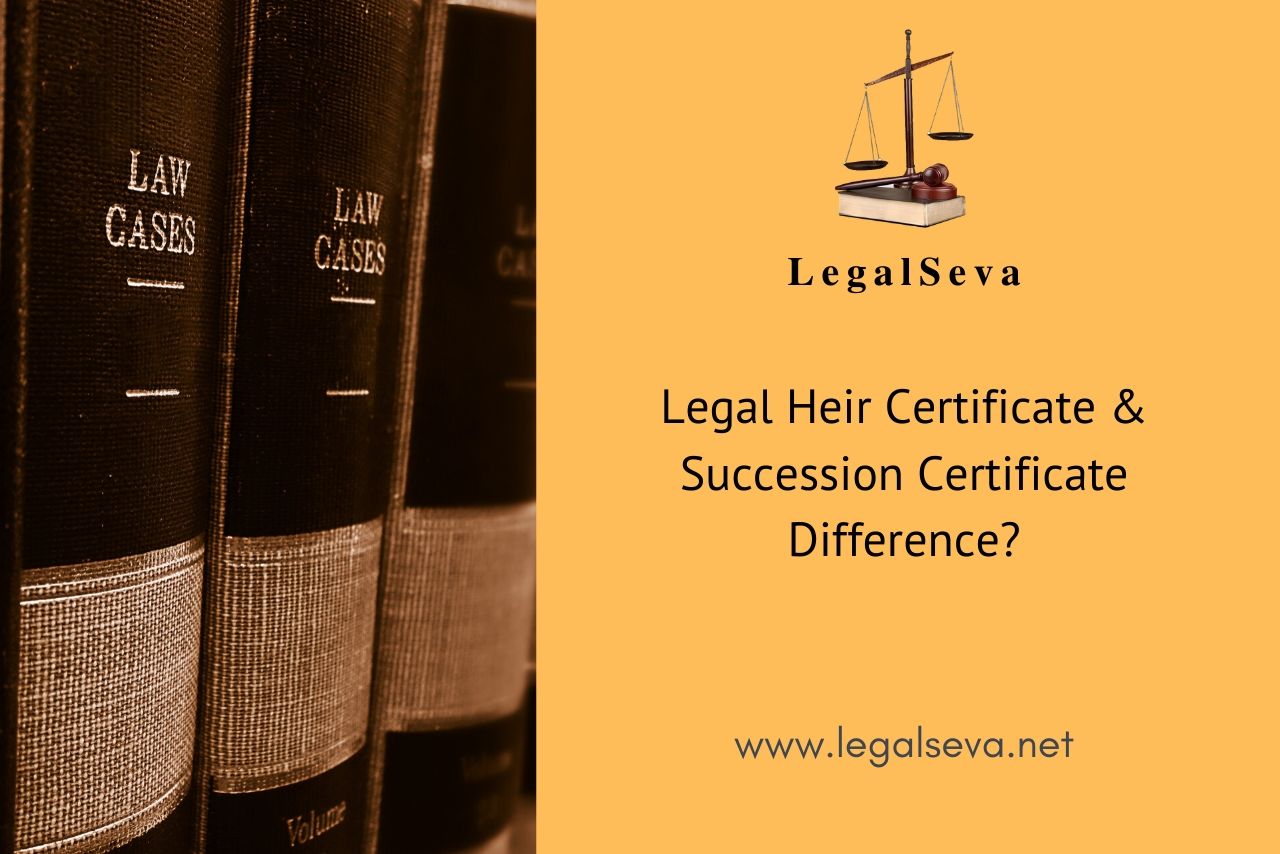Last Updated on February 12, 2019 by Legalseva.net
Legal heir certificate is a certificate issued by the concerned local authority like District Collector, Additional district magistrate or any local authority who have jurisdiction in the local area authorised by the State or Central Government stating that the person is a legal heir of the deceased person.The person who wants to get a certificate issued should be in a close relation with the deceased person.
Also Read- SUCCESSION CERTIFICATE AND HOW TO GET IT?
This certificate is not issued through a judicial court. This certificate is issued only for the purpose of transfer of property, claiming of gratuity, insurance, pension and provident fund. This certificate is not a conclusive proof of the ownership and neither does it gives entitlement of complete property of the deceased to the person issuing legal heir certificate.
Also Read- LEGAL HEIR CERTIFICATE IN CHANDIGARH
To issue this certificate following documents have to be submitted to the Tehsildar such as Identity card, Original Death certificate of the deceased person, Affidavit stating the relationship between the person and the deceased and on such submission the tehsildaar conducts an inquiry and investigation. Then a publication regarding the same is made in newspaper so that any person having an objection can raise it within 45 days and if no objection is raised then the certificate is issued which is Valid. The fees for the legal heir certificate is Rs 2 for the stamp and rs 20 for the affidavit. The issued legal heir certificate is revocable if any objection is there.
Also Read- HOW TO PROBATE A WILL IN CHANDIGARH PANCHKULA MOHALI
The Succession certificate is a certificate granted by Court of Law in India to only the legal heirs of the deceased person who dies without leaving behind a will. It is a proper certificate granted only by the judicial courts for taking responisibility and liability of the debts and securities of the deceased person. It only gives authority to claim debts and securities or payment of debts and securities of the deceased person.
Also Read- PROPERTY TRANSFER IN CHANDIGARH PANCHKULA MOHALI ZIRAKPUR
The Succession certificate is issued under the provisions of Indian Succession Act, 1925 and the legal heirs can claim assets of the deceased person also. To issue this certificate the applicant has to file an application in the District court in whose local jurisdiction the deceased person voluntarily lived or resided or where the immovable proeprty of the deceased person is situated. After making of the application a publication is made in a newspaper so that any person can raise an objection within 45 days and then the certificate is granted to the applicant if no objection is raised.
Also Read- 25 THINGS THAT YOU SHOULD KNOW ABOUT WILL REGISTRATION
The fees to be paid is equivalent to 3% of the total value of the property.It is a conclusive proof of ownership and it is also considered as a legitimate evidence until a Will is not made. To issue this certificate the beneficiary has to submit a death certificate of the deceased, Identity card. A succession certificate is issued by the way of inheritance under a succession.
For more info, please dial 99888-17966.
This post is written by Aarihanta Goyal of Manipal University, Jaipur (2020) Batch.


